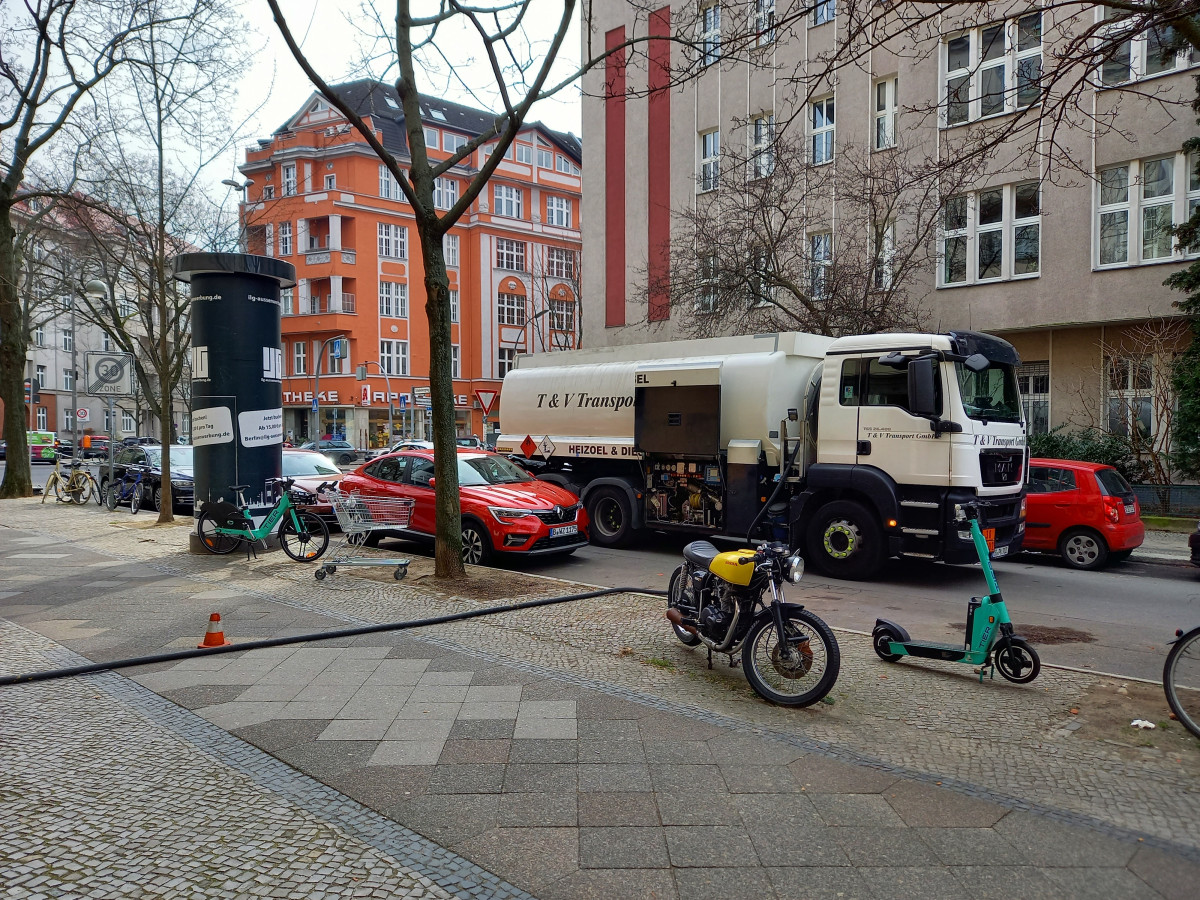Germany must anticipate fuel price jump from 2027 EU emissions trading – think tank
Germany must create a plan on how to tackle potential jumps in fuel prices as it switches from its national carbon price for transport and heating fuels to the EU-wide emissions trading system (ETS II) in 2027, says think tank Agora Energiewende in a proposal.
“There is no concept for this switch at the moment,” said Simon Müller, director for Germany at Agora Energiewende during a call with journalists. The group’s report added that a detailed government plan would help ensure a socially just system. It is currently unclear how high the price per tonne of CO2 will be once the European system starts, Müller said. He warned that the instruments which were set up by the EU to keep the price in check are unlikely to be enough to guarantee avoiding a sudden jump in fuel prices because climate action in transport and buildings was lagging far behind in many countries, including Germany.
Germany has missed its national greenhouse gas reduction targets in the transport and building sectors in recent years, and is set to emit a total of 200 million tonnes of CO2 more than envisioned until the end of this decade, also mostly due to lagging success in these two sectors. It leaves the country facing a bill of billions of euros as it is set to miss its European climate targets by a “significant” margin.
Germany should introduce steeper rise of its national carbon price – Agora Energiewende
Prices could jump to more than 200 euros per tonne of CO₂ in 2027 without further climate protection measures, according to several recent reports, said the think tank. This would mean increases of 38 cents per litre of petrol and around 3 cents per kilowatt hour of natural gas at the beginning of 2027 compared to 2026, it said.
The think tank proposes to first “strengthen” the national system through a higher fixed price next year (60 euros), accompanied by the introduction of social compensation mechanism like the climate bonus (Klimageld) to ensure low-income households are not overburdened. The so-called Klimageld, a per-capita payment proposed by the government with which a large part of the revenues from emissions trading are paid back to citizens – has been delayed, and government plans show that the revenues are currently earmarked to cover other climate action projects. Agora argues that its proposals free up more funds for compensation next year due to the higher CO2 price.
The European Union had decided to introduce a second emissions trading system for the transport and building sectors alongside its successful system for energy and industry, and Germany will have to align its national CO2 price scheme currently in place. The German system is set up to switch from the current fixed-price system to a trading system that caps emissions by 2026, but Agora wants to bring this forward to 2025, with a set price corridor.
Introduction of ETS II has more potential to create public discontent than heating law – MP
Agora Energiewende also proposes a German minimum price for CO2 once the EU system starts to avoid that the price falls below levels already established with the national system by that point. Experts say that high prices are likely, but not guaranteed, because politicians could enact regulation to avoid these.
Brigitte Knopf, secretary general of the Mercator Research Institute on Global Commons and Climate Change (MCC), told the report launch event in Berlin that, once ETS II starts, “it is uncharted territory”. She added: “We really don't know where we will end up with the prices.”
Conservative MP Jens Spahn (CDU) underlined the urgency to correctly regulate and communicate the introduction of the EU emissions trading system as a matter of risk management. If governments failed to do so, there was a good chance that citizens would protest. “If the introduction of ETS II is done wrong, it has the potential of the heating law to the power of three,” Spahn said, referring to the controversies within the government coalition and society earlier this year about how to achieve climate-friendly heating.
Jutta Paulus, Green group member of the European Parliament, said that she thought EU countries would cave into such pressure. “With the mood that prevails at the moment, I don't see that the member states will allow prices to rise very much,” she said. Should the price rise starkly, the EU would likely introduce some kind of emergency regulation to get prices down.


